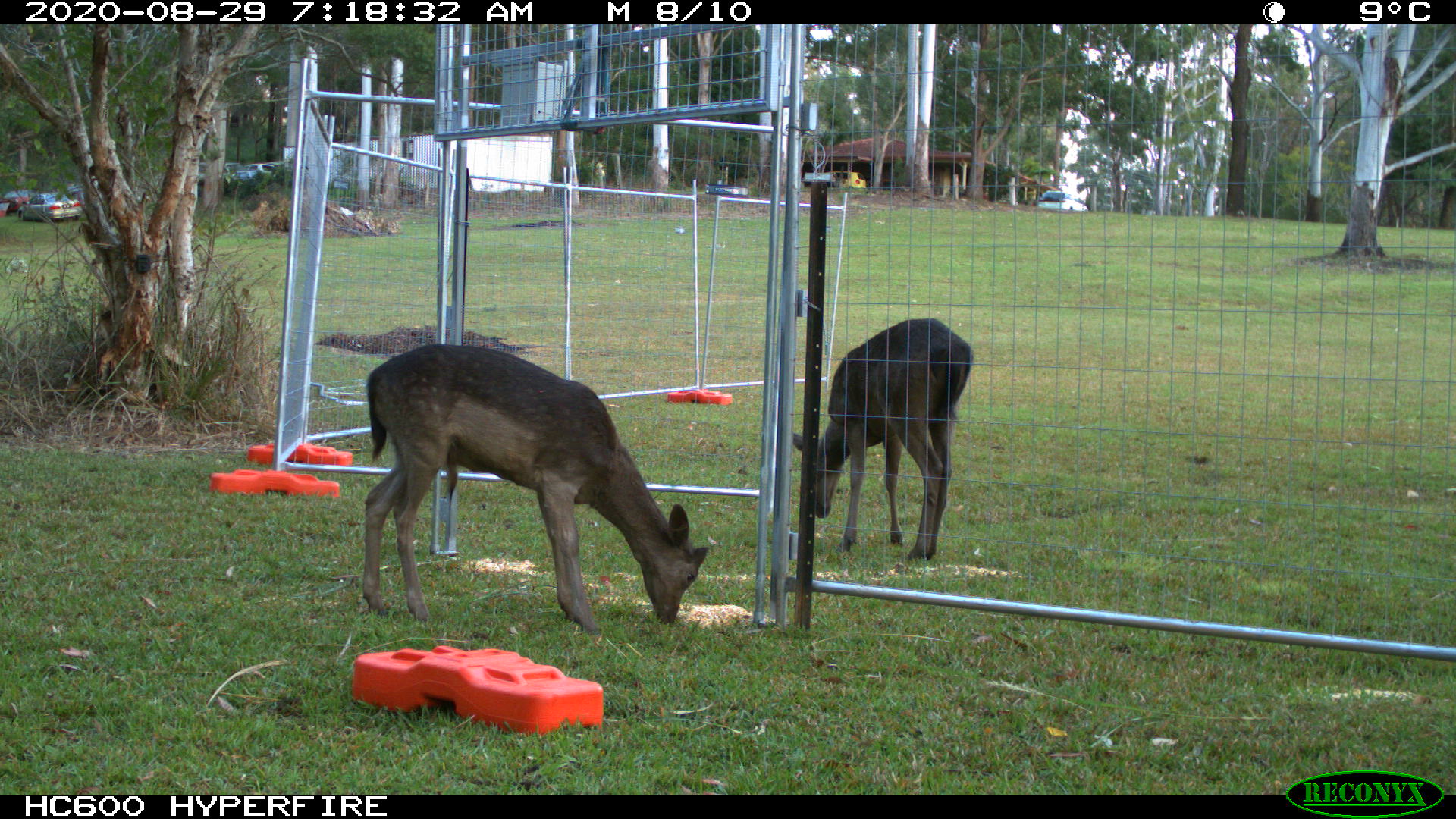Get to know the Invasive Pest Team North Coast
03 Sep 2021
The Invasive Pests team are responsible for delivering the objectives and activities of the North Coast – Regional Strategic Pest Animal Management Plan 2018-2023 (RSPAMP), which identifies ten priority pest animal species. The Plan can be found at https://www.lls.nsw.gov.au/__data/assets/pdf_file/0020/820802/north-coast-regional-pest-plan.pdf
The Plan supports land managers to achieve outcomes that benefit agricultural production, the environment, and communities.
North Coast Local Land Services support land managers;
- By building their capacity and capability to manage pests on land they control, including providing advice and practical management techniques.
- With assistance in facilitating and coordinating pest management regardless of land ownership (cross-tenure), involving both private and public land managers.
The North Coast region is a very diverse landscape that allows for a wide range of agricultural businesses. Unfortunately, it also provides a variety of habitats that enable pest animals to populate the region.
Of the ten pest animals identified in the RSPAMP, 75% of calls to the IP team are related to wild dog issues, predominantly relating to attacks on livestock, native wildlife, domestic pets and threats to the general public. The remaining 25% of calls are connected to a variety of other invasive pests.
For example
- feral pigs, causing damage to the environment, pasture, blueberries and macadamia production, foxes causing problems in the hen house and to native animals,
- rabbits causing issues around buildings and other infrastructure,
- wild horses causing public safety issues and damage to horticulture
- feral deer causing damage to the environment, horticulture, livestock production and public safety.
Most of the pest animals within our region are considered to be established, which means that eradication is highly unlikely as not every pest will be controlled during a program. Pests can move from non-controlled areas back into controlled areas. This means that managing the pests to minimise the impacts they cause will be ongoing. If you have feral pigs or wild dogs, for example, on your land today and they are effectively controlled, you will likely have these pests on your land again in the future.
There are some simple principles to follow that will improve pest management in your neck of the woods.
Be Alert
Monitor and report sightings of any pest animals seen in your area. Prevention and early intervention from the community are essential to avoid establishing new pest animals and managing established pest populations. Sightings can be reported to Local Land Services on 1300 795 299 or at https://www.feralscan.org.au/. Feralscan reports are quickly done via the App which allows information to be directly added at the time of the sighting.
Work together and participate
Pest animal management is a shared responsibility amongst land managers, community, industry and Government and requires a coordinated approach across a range of scales and tenures.
Be committed
Effective pest animal management requires an ongoing commitment by land managers, community, Government and industry. Those that create the risk associated with pest species and those that benefit from pest animal management outcomes will work together to minimise impacts and contribute to the costs related to management.
Stay up-to-date
Community, industry, government, and land managers will stay up-to-date with new information to ensure that contemporary best practice pest animal management activities are employed to reduce the impacts in a way that is safe, effective, target-specific and as humane as possible. Further information on pests can be found at https://pestsmart.org.au/ which provides information on the impacts of pests, how to control them, and much more.
So where do Local Land Services and the Invasive Pest team fit into the picture? The Invasive Pest team can provide advice and training, control products, and help to bring the community together to deal with pests on a landscape scale.
If pest animals are present on your land, causing impacts to get to know your local Invasive Pest team member, call 1300 795 299
The North Coast LLS Invasive Pest team comprises 12 staff members, Team leader Dean Chamberlain based in South Grafton, and 11 Biosecurity Officers in four locations.
Lismore
- Senior Biosecurity Officer David Brill
- Biosecurity Officer Skeen West
- Senior Biosecurity Officer Jakub Juszczak
- Biosecurity Officer Mark Schirmer
South Grafton
- Senior Biosecurity Officer Tiffany Felton
- Biosecurity Officer Heidi Mackay
- Biosecurity Officer Claudia Broughton
- Biosecurity Officer Sean Freney
Coffs Harbour
- Senior Biosecurity Officer Mick Elliott
Kempsey
- Biosecurity Officer Mick Charlton
- Biosecurity Officer James Toose
